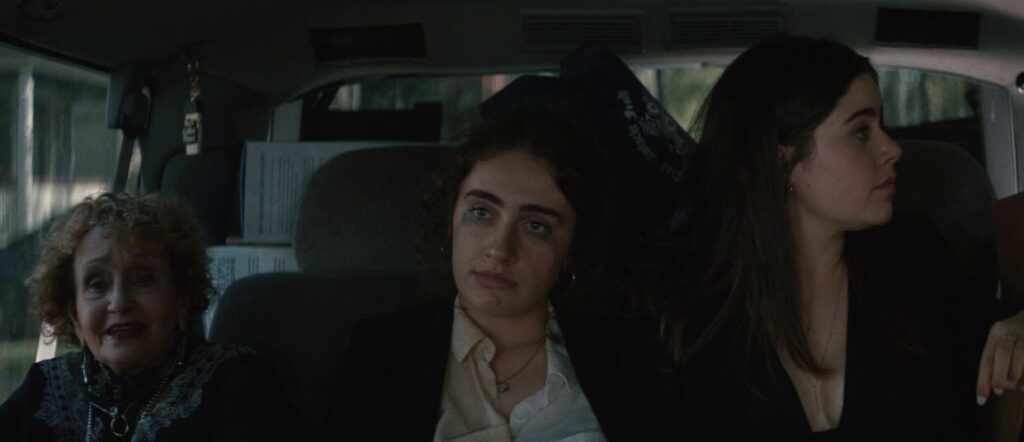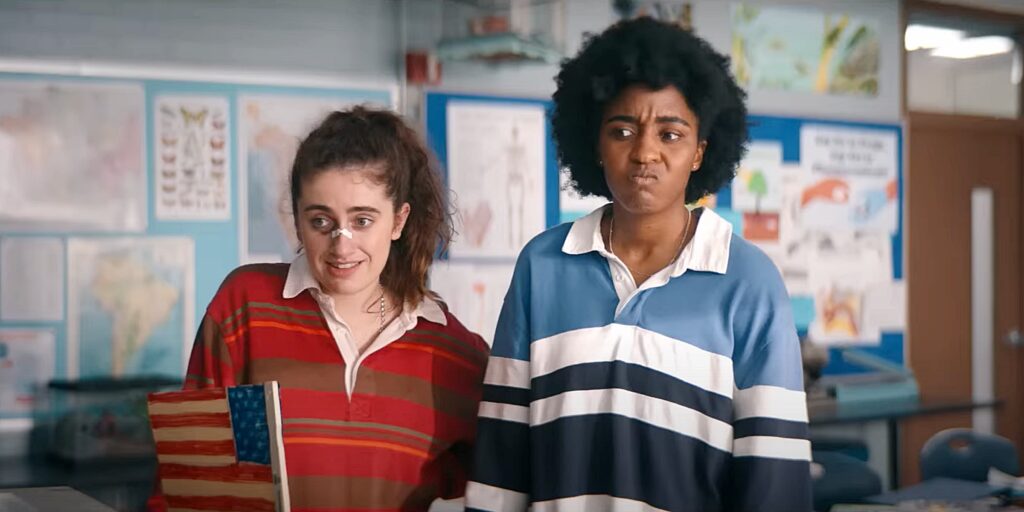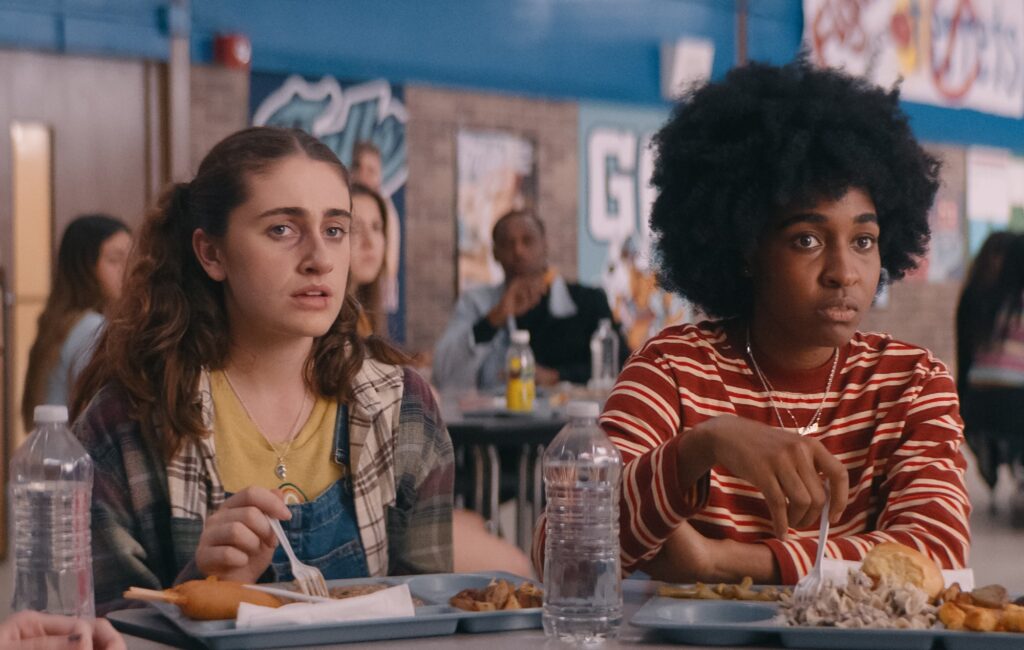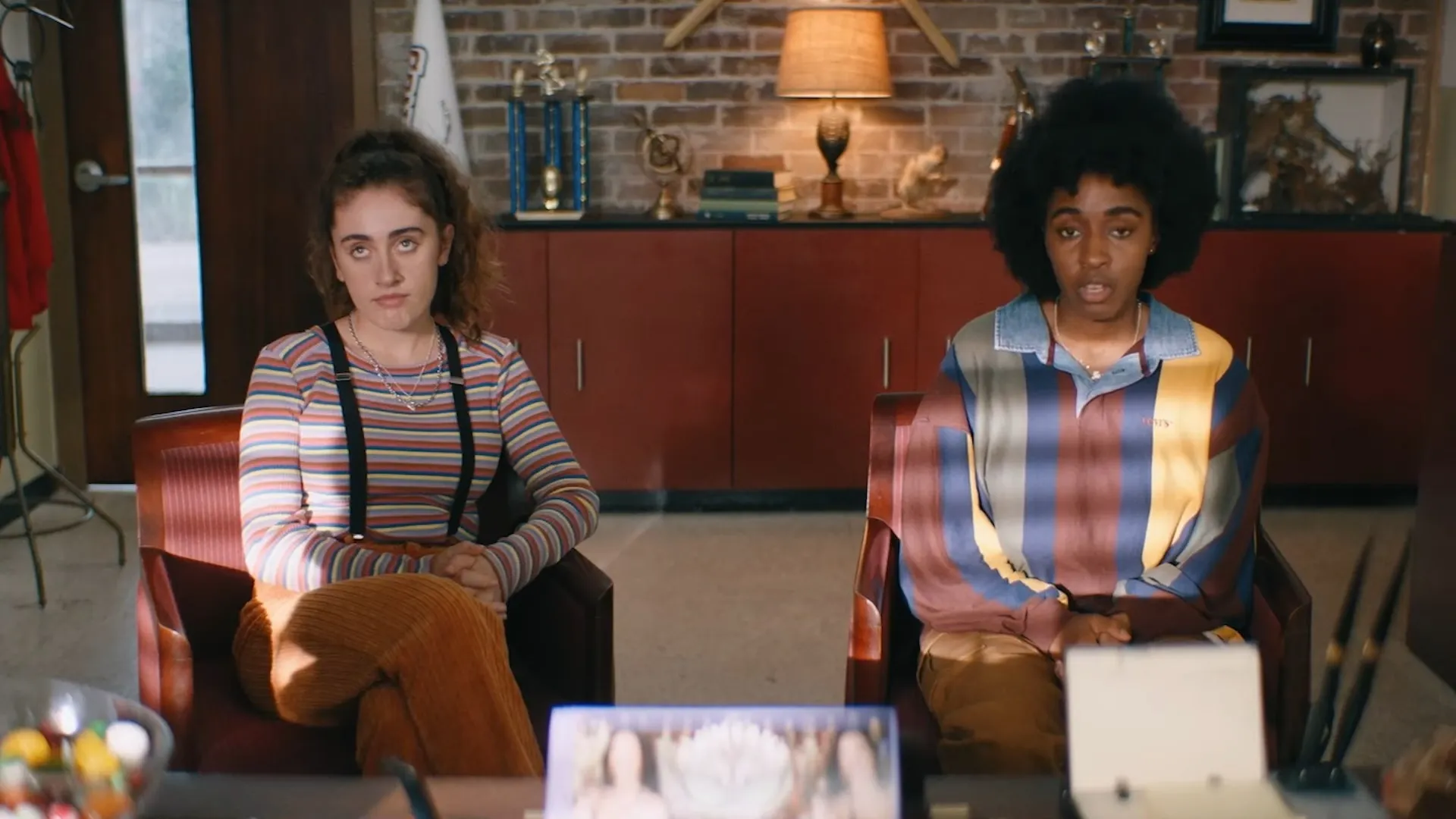Emma Seligman has rapidly carved out a niche in the indie movie scene, marking herself as a director to watch with a unique, contemporary perspective on storytelling. Her films, while small in scale, have made a considerable impact on audiences and critics alike, establishing her as a burgeoning talent who brings complex, nuanced female characters to the forefront of her narratives. Seligman’s collaboration with actress Rachel Sennott further cements her voice in indie cinema, allowing for a fresh, honest depiction of modern youth, relationships, and identity.
Emma Seligman’s Unique Voice in Indie Cinema

Seligman’s rise in the indie world is marked by her keen ability to merge comedy and drama, turning seemingly mundane life moments into profound, often uncomfortable insights. Her direction focuses on the subtleties of human emotion, interpersonal dynamics, and the experience of womanhood. What sets Seligman apart is her dedication to portraying female characters who are messy, raw, and authentic—eschewing the tropes that often dominate mainstream cinema. Through this approach, she offers a vision of womanhood that is not polished or simplified but layered and truthful.
Complex Female Characters

In both of her feature films to date, Seligman has demonstrated a profound understanding of female anxieties, desires, and the social pressures that shape them. Her characters are often at a crossroads, struggling with internal conflicts while facing external expectations. This is particularly evident in her debut film, “Shiva Baby” (2020), which explores the experience of a young woman attending a shiva where she faces a swirl of family scrutiny, cultural obligations, and personal revelations.
“Shiva Baby” centers on Danielle, portrayed by Rachel Sennott, a college student navigating a chaotic day filled with emotional tension. Seligman’s direction captures the intricacies of female experience, depicting Danielle’s awkwardness, insecurities, and vulnerability with an unflinching eye. The film’s claustrophobic setting and tight framing amplify the intensity of Danielle’s inner turmoil, allowing the audience to immerse themselves in her perspective. Seligman crafts female characters who are simultaneously strong and fragile, bold yet unsure—a nuanced representation rarely seen in mainstream cinema.
Her second film, “Bottoms” (2023), continues to delve into female complexities but with a different tone. This movie is a subversive take on the high school comedy, featuring a storyline about two queer girls who start a fight club to meet other girls. Seligman employs humor and satire to tackle issues of sexual identity, friendship, and teenage angst. Here, the female characters are unapologetically bold, embodying a chaotic energy that disrupts conventional norms. By pushing the boundaries of teen comedy, Seligman introduces audiences to a world where young women are not just objects of desire or passive participants but active agents of their narrative, driving the plot with their desires and flaws.
Collaboration with Rachel Sennott

One of the hallmarks of Seligman’s success is her collaboration with Rachel Sennott. Their creative partnership has become a significant element of Seligman’s cinematic style, with Sennott emerging as the perfect conduit for her stories. In both “Shiva Baby” and “Bottoms,” Sennott delivers performances that are equal parts comedic and poignant, perfectly embodying the emotional chaos at the heart of Seligman’s writing.
Seligman and Sennott first connected during their time at New York University, and their shared understanding of complex female narratives has blossomed into a powerful creative synergy. Sennott’s ability to oscillate between vulnerability and brazenness complements Seligman’s directorial style, which often involves situational humor mixed with raw emotionality. In “Shiva Baby,” Sennott’s portrayal of Danielle anchors the film’s tension and humor, allowing Seligman to explore themes of sexuality, cultural expectations, and self-identity in a way that feels immediate and real.
In “Bottoms,” Sennott again serves as a pivotal character who drives the film’s humor and emotional beats. The film’s satire and absurdity are heightened by Sennott’s fearless performance, which resonates deeply with Seligman’s vision of pushing the boundaries of conventional storytelling. Their collaboration demonstrates the power of having a consistent actor-director partnership in exploring themes and characters with increasing depth and nuance.
A Fresh Vision: Humor and Depth in Contemporary Storytelling

What makes Emma Seligman’s work particularly refreshing is her adept use of humor to address serious topics. She does not shy away from the uncomfortable realities of her characters’ lives; instead, she embraces them, using comedy to highlight the absurdity of societal norms and personal anxieties. This blending of humor with deep, sometimes painful introspection is what gives her films their distinctive edge.
“Shiva Baby” is a prime example of Seligman’s signature style—combining a claustrophobic atmosphere with biting wit to explore themes of familial obligation, identity, and sexual autonomy. The film’s dark humor reveals the complexities of growing up in a world filled with conflicting expectations, particularly for young women. Its tension-filled narrative unfolds almost like a thriller, yet it remains rooted in comedy, underscoring Seligman’s knack for blurring genre lines.

In “Bottoms,” Seligman takes this genre-blending even further by creating a riotous, satirical take on teen comedies. The film subverts typical high school narratives by centering on queer female characters who defy conventional stereotypes. The outrageous premise—starting a fight club to meet girls—is played out with sincerity and irreverence, showcasing Seligman’s willingness to push storytelling boundaries. Through “Bottoms,” she continues to explore the chaotic energy of young womanhood, presenting female characters who are assertive, unpredictable, and fully in charge of their destinies.
The Future of Indie Cinema
Emma Seligman’s films resonate because they speak to the complexities of contemporary life, particularly for women and the LGBTQ+ community. Her movies reject the sanitized versions of womanhood often portrayed in mainstream cinema, opting instead for narratives that are messy, relatable, and honest. Her collaboration with Rachel Sennott provides a rawness and authenticity that is rare in the film industry, reinforcing Seligman’s position as an innovative voice in indie filmmaking.
With only two films to her name so far, Seligman has already established herself as a director with a clear, bold vision. Her work pushes audiences to confront the uncomfortable while still offering moments of levity and humor. As she continues to craft stories that capture the intricacies of human experience, Seligman stands poised to be the next major voice in indie cinema, bringing fresh perspectives on female identity, sexuality, and the absurdity of societal norms. Her distinct approach to storytelling ensures that she will remain a significant force in shaping the future of independent film.

Chaitanya Tuteja is someone who enjoys sharing his thoughts on books, movies, and shows. Based in India, he appreciates exploring different stories and offering honest reflections. When not reflecting on his favorite media, Chaitanya enjoys discovering new ideas and embracing life’s simple moments.


Here, you can find a great variety of online slots from top providers.
Visitors can experience traditional machines as well as modern video slots with high-quality visuals and interactive gameplay.
Whether you’re a beginner or an experienced player, there’s something for everyone.
casino slots
Each title are available anytime and optimized for desktop computers and smartphones alike.
All games run in your browser, so you can get started without hassle.
Platform layout is user-friendly, making it simple to find your favorite slot.
Join the fun, and enjoy the world of online slots!